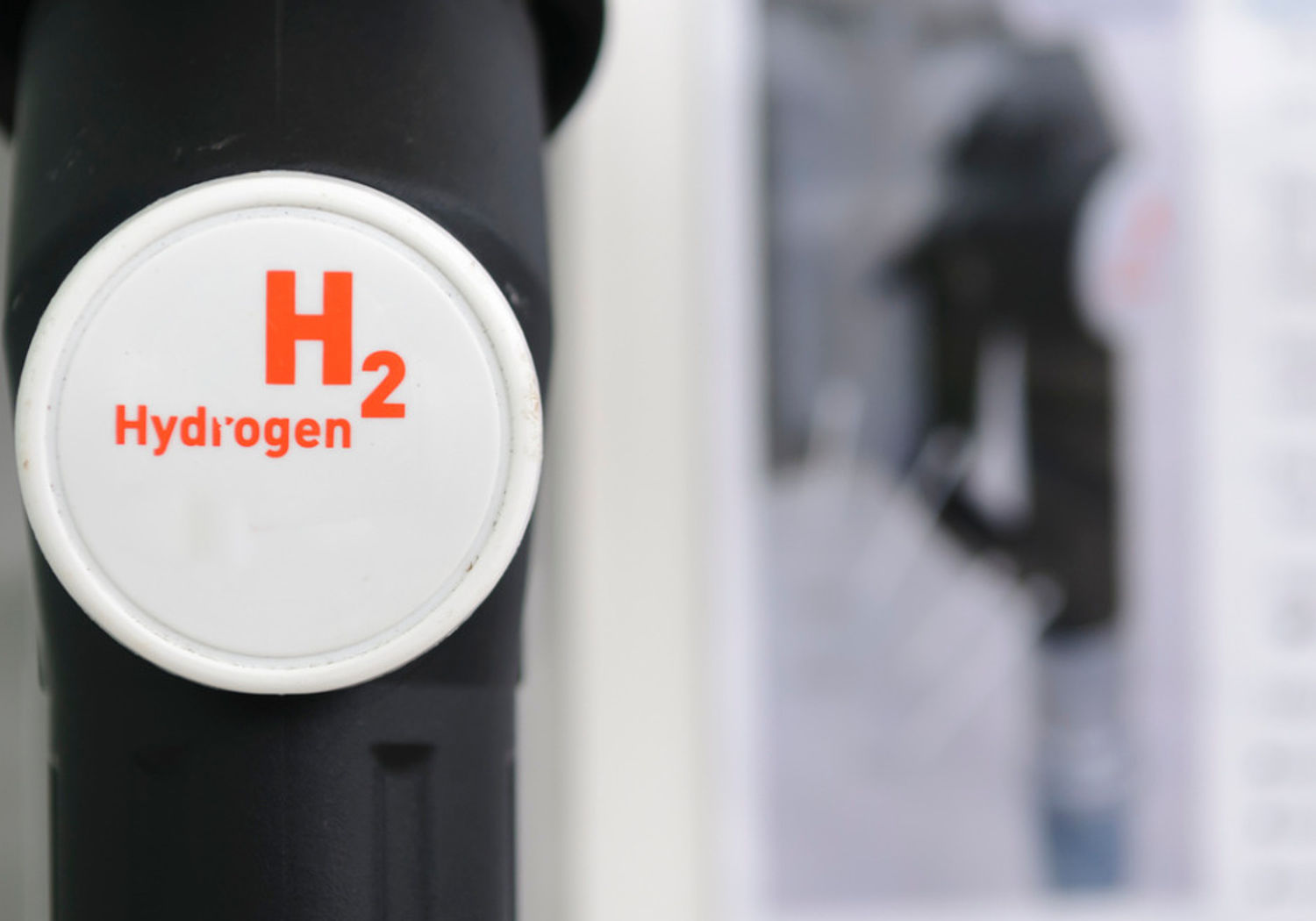Metrology infrastructure for high-pressure gas and liquified hydrogen flows
Short Name: MetHyInfra, Project Number: 20IND11
Traceable measurements to deliver market confidence and consumer acceptance of hydrogen as an energy source
Hydrogen is finding growing use as an energy source in applications where requirements for carbon emission reductions are urgent and hard to achieve by electrification alone. Supported by zero-carbon generation, hydrogen fuel cells emit no CO2, and could become competitive for propelling large and frequently-used vehicles while producing no harmful air pollutants. Indeed, the European Green Deal incorporates an EU Hydrogen Strategy to expand its usage where it can replace fossil fuels.
For ease of re-fuelling, and to provide practical onboard storage and marketable range, hydrogen fuel is compressed into liquid form. Consumer acceptance requires confidence that what will be metered at hydrogen pumps will match what will be charged, as could be achieved by implementing traceable calibration chains. However, such measurement infrastructure does not yet exist: laboratories can use critical nozzles as reference flow meters but these are not reliable at such high pressures, resulting in flow measurement uncertainties of about 1 % to 2 %.
The project developed liquefied hydrogen flow technologies targeting measurement uncertainty down to 0.3 % to 0.8 %. Specifically, critical nozzles and master meters were developed as calibration standards for gaseous hydrogen at high pressures. Also, sonic nozzles have been designed, high-pressure hydrogen flow computer modelling investigated, and test rigs developed.
Calibrated nozzles would provide enhanced measurement capabilities and ensure traceability of hydrogen flow measurements, sufficient to ensure trustable measurement and billing and, therefore, faster acceptance of hydrogen as a fuel.
The Journal of Chemical Thermodynamics
Flow, Turbulence and Combustion
International Journal of Hydrogen Energy
Measurement
International Journal of Hydrogen Energy
Journal of Chemical & Engineering Data
